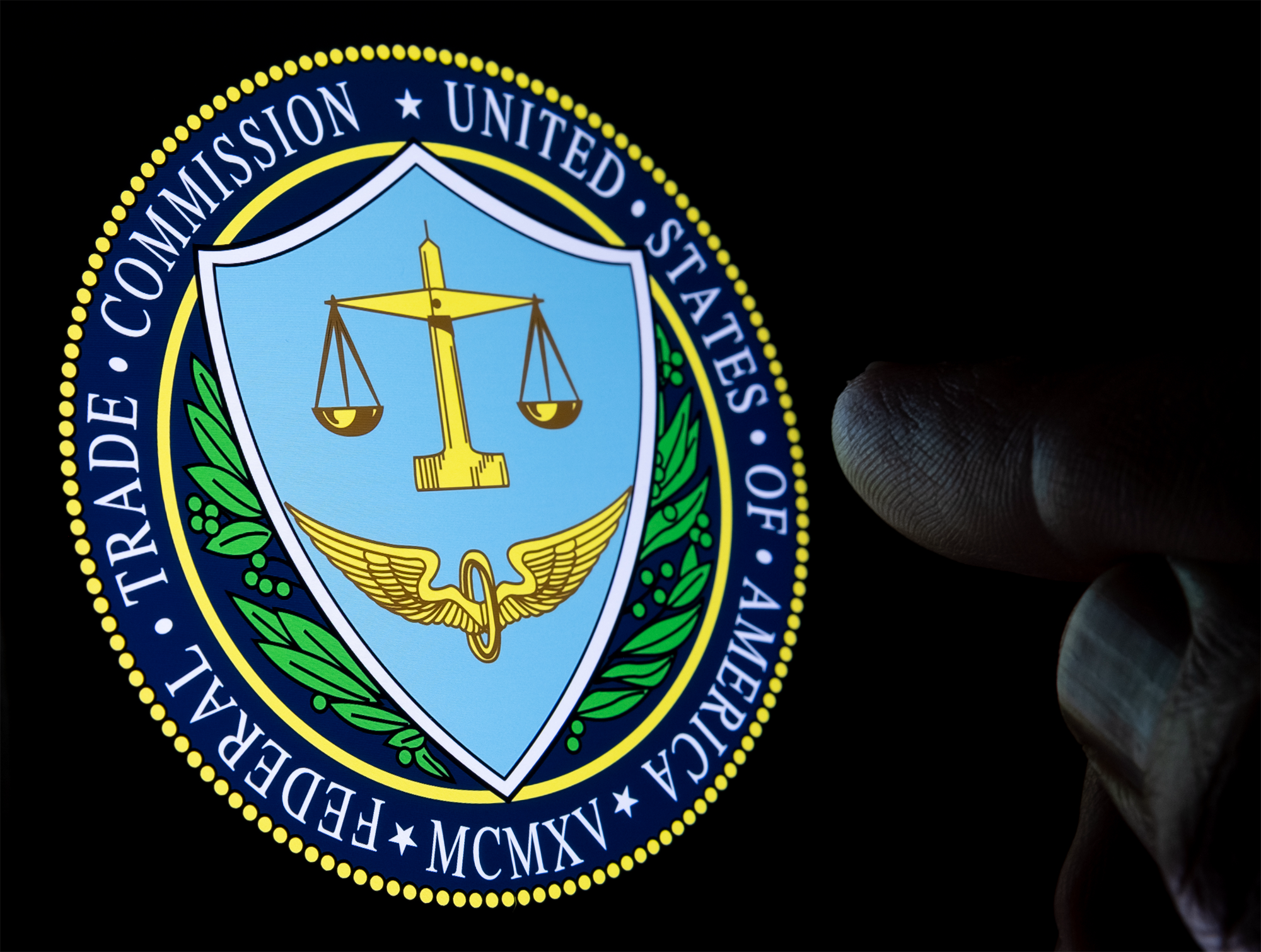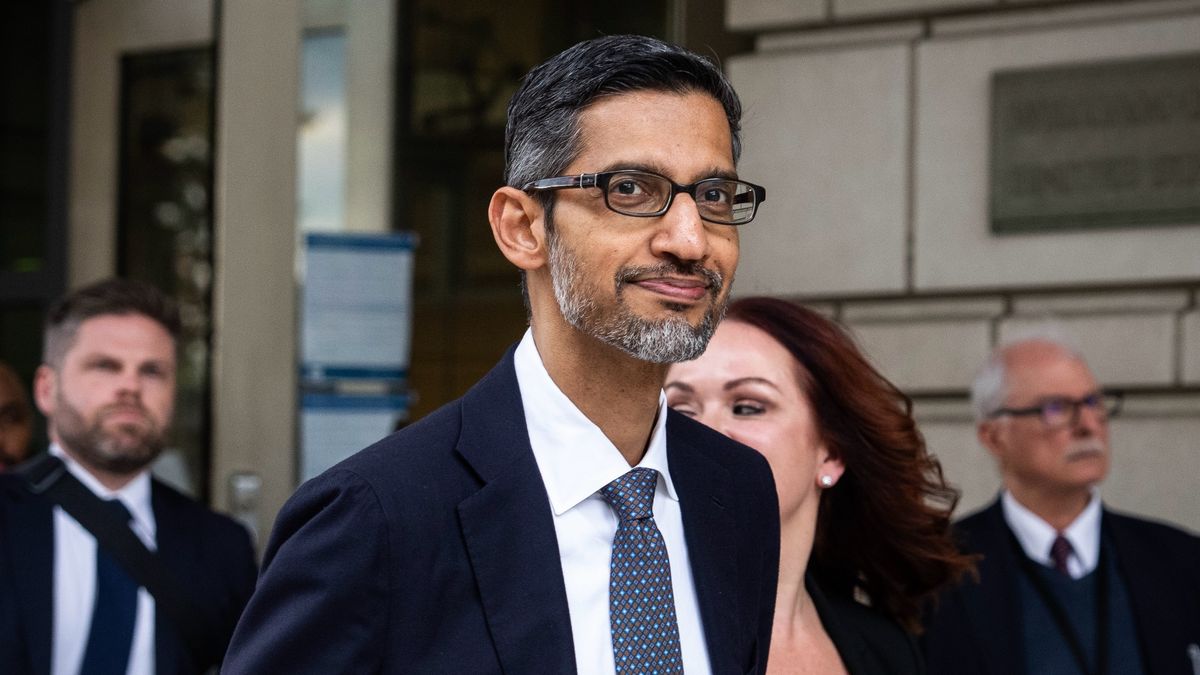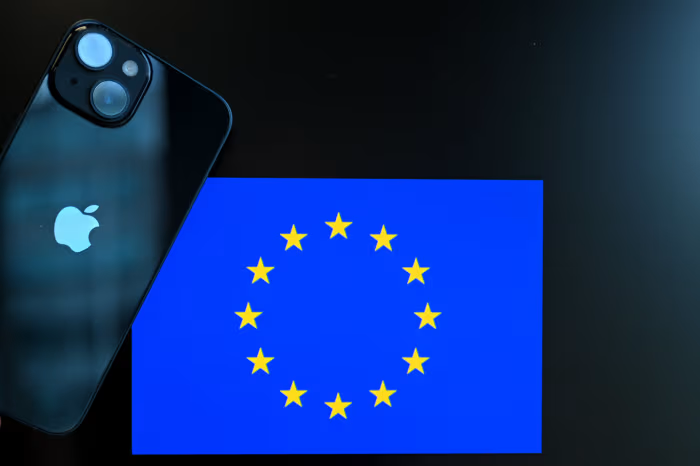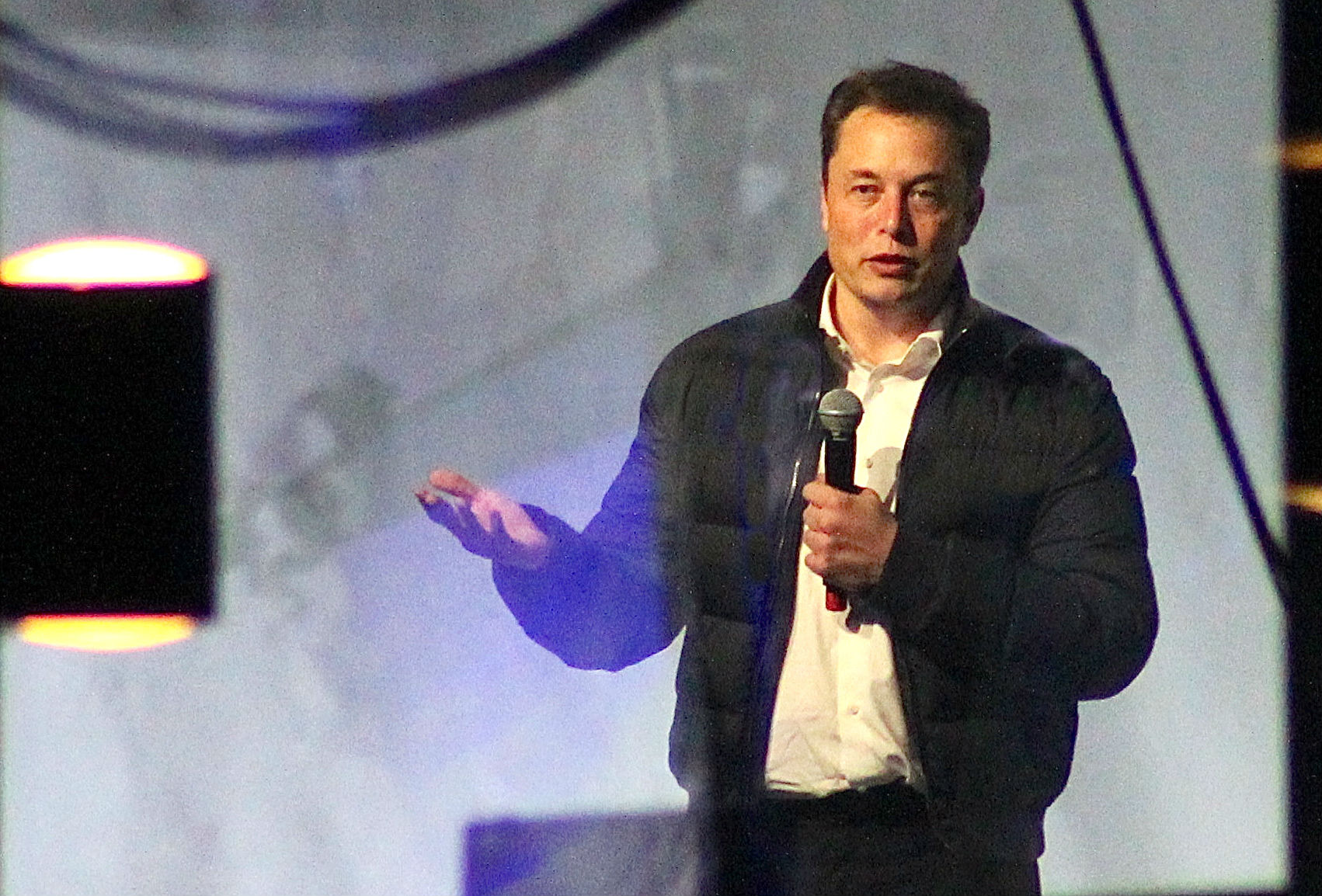
FTC Highlights Lack of User Control Over Data Used by AI on Social Media
Government & Policy
Zaker Adham
20 September 2024
06 August 2024
|
Zaker Adham
Summary
Summary
In a significant legal decision on Monday, a US judge ruled that Google has maintained a monopoly with its dominant search engine, marking a pivotal moment in a landmark antitrust case. This ruling could reshape the future operations of the tech industry.

District Court Judge Amit Mehta determined that Google holds a monopoly in search and text ads through exclusive distribution agreements, making it the default choice for users on various devices.
"After thoroughly evaluating the witness testimony and evidence, the court concludes that Google is a monopolist and has acted to maintain its monopoly," Mehta stated in his ruling.
The antitrust trial, which saw US prosecutors and nearly a dozen states challenge Google, concluded in May.
"This victory against Google is a historic win for the American people," said US Attorney General Merrick Garland. "No company—no matter how large or influential—is above the law."
Google plans to appeal the verdict, according to Kent Walker, the company's global affairs president. Walker noted that Judge Mehta acknowledged Google as the industry's highest quality search engine, especially on mobile devices.
"As this process continues, we will remain focused on creating products that people find helpful and easy to use," Walker said.
Potential Remedies and Damages
The court has yet to determine the remedies or damages in this case. Judge Mehta's ruling indicated that Google's violation of the Sherman Act did not have "anticompetitive effects."
"Google's loss in its search antitrust trial could be significant—depending on the remedy," said Emarketer senior analyst Evelyn Mitchell-Wolf. "A forced divestiture of the search business would sever Alphabet from its largest revenue source."
Losing the ability to make exclusive deals to be the default option on browsers, smartphones, or computers would also impact Google, according to analysts.
Google's search business faces increased competition from Microsoft's Bing and OpenAI's emerging "SearchGPT," which leverage generative artificial intelligence.
"The biggest winner from today's ruling isn't consumers or small tech companies, it's Microsoft," said Chamber of Progress CEO Adam Kovacevich. "Microsoft has underinvested in search for decades, but today's ruling opens the door to court-mandated default deals for Bing."
Mitchell-Wolf anticipates a prolonged appeals process, delaying any immediate effects on consumers or advertisers.
This trial marks the first time the US Department of Justice has taken a big tech company to court since targeting Microsoft over its Windows operating system dominance more than two decades ago.
Judge Mehta oversaw several months of testimony last year, during which Google CEO Sundar Pichai and other top executives testified.
Central to the government's case were the substantial payments Google made to Apple and other companies to keep its search engine as the default on iPhones, web browsers, and other products. Court testimony revealed these payments amount to tens of billions of dollars annually to secure prime placement on Apple hardware and Safari and Mozilla browsers.
Justice department lawyers argued that Google maintained its dominance and stifled competitors through these default deals, which also extended to Samsung and other device manufacturers.

Government & Policy
Zaker Adham
20 September 2024

Government & Policy
Zaker Adham
10 September 2024

Government & Policy
Zaker Adham
03 September 2024

Government & Policy
Paikan Begzad
19 August 2024